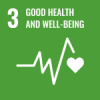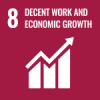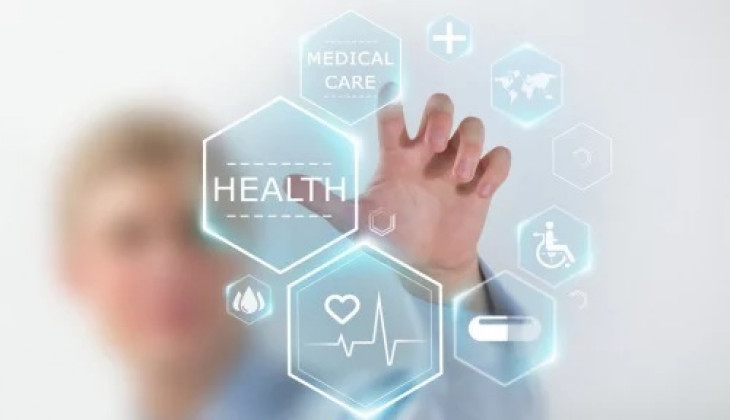During the pandemic, the Indonesian health development company (healthtech) was growing, both in terms of users, services, and collaboration with various parties. However, the endless pandemic along with unstable economic conditions is a challenge for healthtech to play a role and continue to expand its services using non-profit and humanitarian channels.
This condition was the topic discussed in the mini talk show held by the Center for Digital Society (CfDS) in collaboration with the Center for Tropical Medicine, Faculty of Medicine, Public Health and Nursing (FKKMK) Universitas Gadjah Mada. The recent online event entitled “The Potentials and Challenges of Healthtech for Non-Profit and Humanity Programs” presented several resource persons in related fields. Some of them are Dr. Didik Budijanto (Director of P2PTVZ), Dr. Gregorius Bimantoro (Indonesian Healthtech Association), Daniel Oscar Baskoro (ICT activist), Dr. Suci Wulandari (Data Center Specialist UNICEF Indonesia), Dr. Eddy Junarsin (Researcher and Lecturer at FEB UGM), and Arry Lesmana Putra (UNDP Indonesia).
Gregorius Bimantoro from the Indonesian Healthtech Association explained the current condition of health start-ups in Indonesia. Many start-ups have emerged in early 2020. However, health start-ups (healthtech) are facing problems related to funding.
“The survey we conducted on our members shows that around 70-85 percent of start-ups are still in the stage of not having funding, self-funding or already funded, but still in a small amount,” he said.
He said there were still a few start-ups in the Indonesian Healthtech Association that had received funding from large investors. Until now, less than 5 percent of start-ups have received funding.
Dr. Didik Budijanto highlighted the opportunity for healthtech start-ups to be more developed and play a role in the country’s health digitization program. According to him, the Indonesian government’s health development is directed to digitalization as a form of realization of e-government. The government is committed to providing infrastructure support such as giving equal access to internet networks and opening collaborative programs.
In addition, it is no less important to provide financial support for a development company in health (healthtech). The effort is to increase efficiency and answer the challenges regarding health for the benefit of society.
As is well known, the government and its development partners also have several programs for digitization in the humanitarian context and a health sector recovery program during the pandemic. One of them is a collaboration with UNDP. It acts as a catalyst for the government, accompanied by technical operational solutions, such as reporting health logistics data information through the SMILE website and application.
Meanwhile, the head of the E-Malaria research team at the UGM Tropical Health Center, Elsa Herdiana, conveyed that the challenges and opportunities for healthtech were closely related to what her team was preparing to do, namely the regulatory sandbox trial as an umbrella for regulation of the Indonesian digital health sector. She said that in this trial, the start-up participants would receive assistance in innovation programs in the health sector by experts from various related fields.
“We hope that digital health innovators will be able to join the trial and collaborate with Pentahelix to create a healthier Indonesia,” she said.
Source: https://www.ugm.ac.id/id/berita/20833-tantangan-healthtech-untuk-program-nirlaba-dan-kemanusiaan



